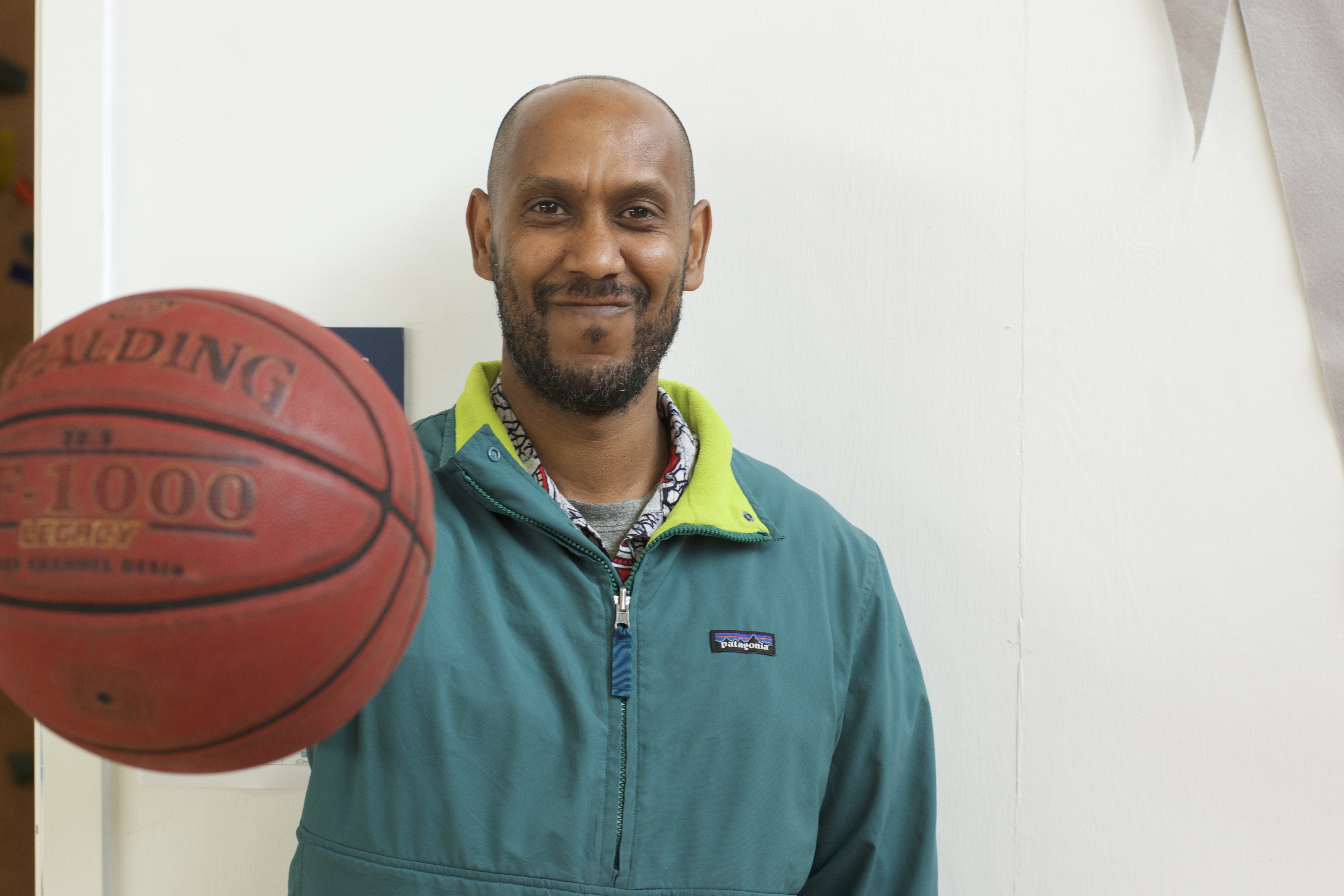In sports, why do teams have tryouts? Usually, it is to assess players and decide where each of their skill sets would be most beneficial.
Talent identification is even challenging for the most experienced coaches, and yet part of this process does not typically include automatically selecting players without consideration to their talent.
At Lick, however, if you’ve played the sport for 3 years,

photo by Ezekiel Rubin-Moore
you automatically make the varsity team as a senior.
So, what does this reveal about Lick’s sporting philosophy? There is certainly value in rewarding players who show great commitment to the program, but the question remains, “does this philosophy help us win?” Well, in a way it does.
According to Athletic Director Elliott Smith, victory is about embracing the right attitude, and less so about the results. Smith said, “The philosophy starts with making sure that everyone has a good experience. You need to surround yourself with quality people. It’s important to create a culture that is positive.”
Smith explained that policies like having no cuts at tryouts can help create a supportive environment for risk-taking. “A big part of our program is not having cuts so that kids aren’t scared of failure,” said Smith. “The key is having the courage to put your foot in the circle. It’s important as a freshman to have the courage to try new things.”
Rock climbing and BME instructor Daniel Tesfai reiterated how Lick fosters positivity in the athletics program. “One of the [athletic] program’s strengths is its inclusivity. It’s a great space for kids to also be active and learn to support each other.”
The idea that talent is only a piece of the puzzle in Lick Athletics is echoed by Center for Civic Engagement Associate Ben Cohn ’08. “At another school, if you are losing, you might be on the hot seat… at Lick if you are losing, but all the kids love you and you are having a positive impact, your job is probably safe,” Cohn said.
The admissions department reflects these values, too. “Lick’s philosophy doesn’t center around sports. Lick is looking for athletes, but that can only be one part of an applicant’s identity. [The athlete] has to have other traits as well,” Cohn said.
This choice by the admissions department is ultimately reflected in Lick’s sports teams. “My senior year, every good basketball player [in BCL] had wanted to come to Lick, and had been rejected. If Lick wanted to, the BCL all-stars could have been the Lick team. Lick chose against it.”
In the end, winning for Lick is not about winning on the score board, but about building a cohesive community of supportive people.
At a time when the number of students in each incoming grade is increasing, perhaps we will see more kids with sports backgrounds become a part of Lick’s community. However, Lick’s team-first philosophy will remain the same, and will be instilled in these new student-athletes like it has been in all of those before them.







